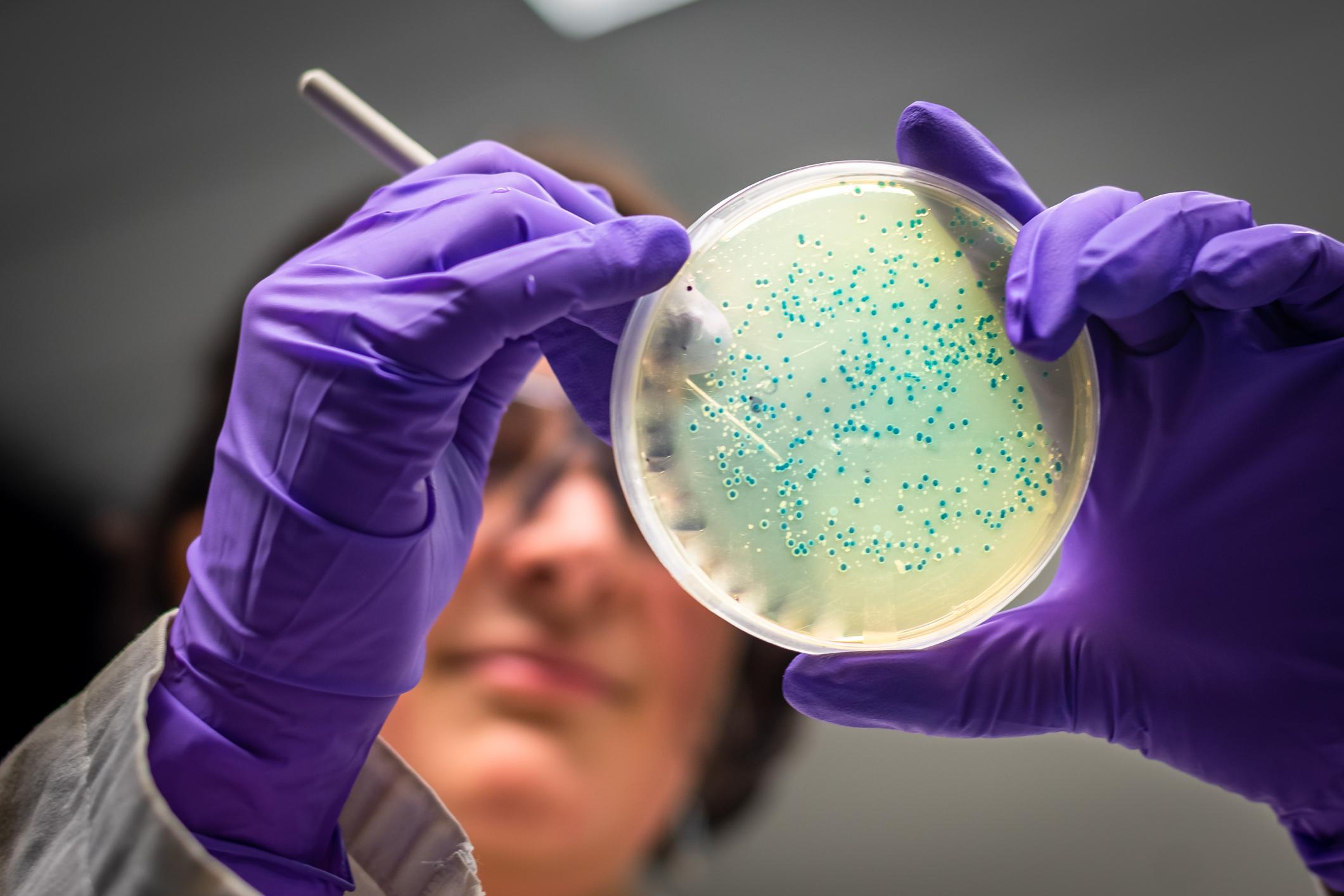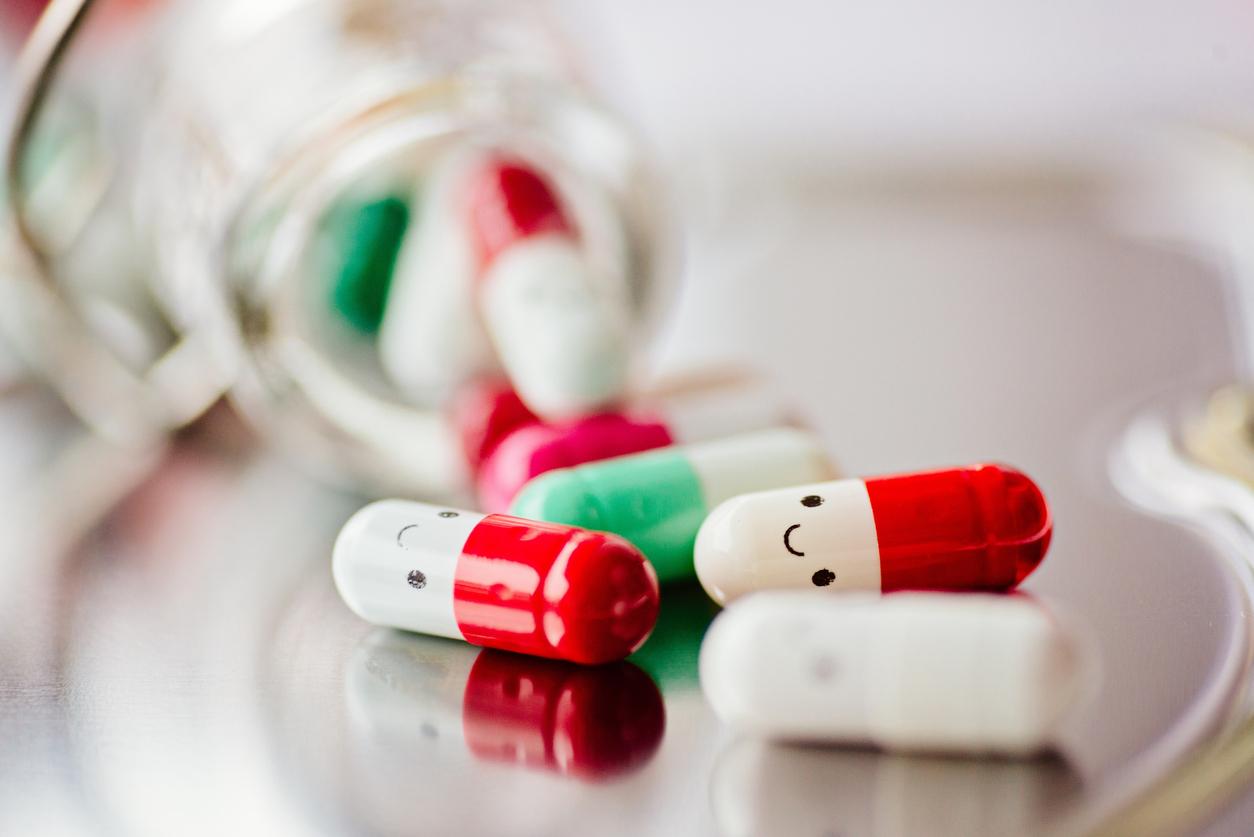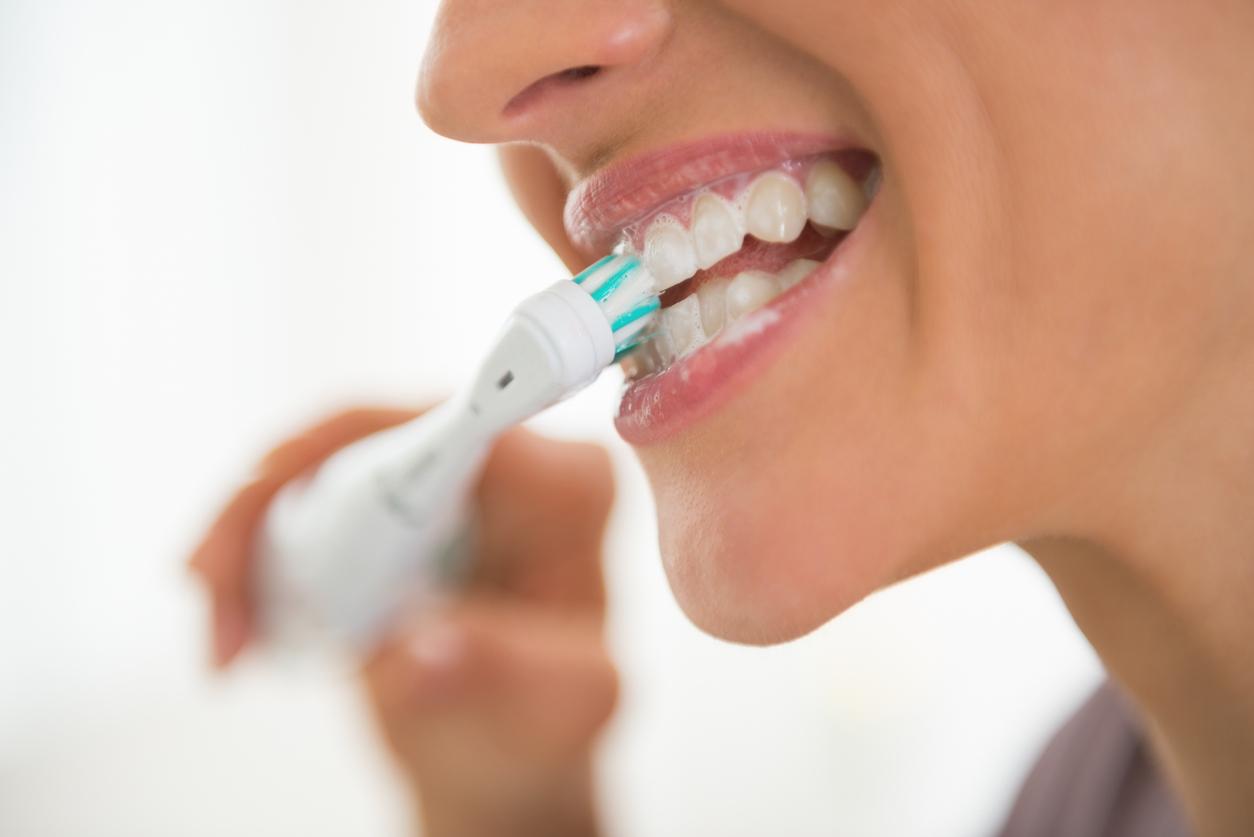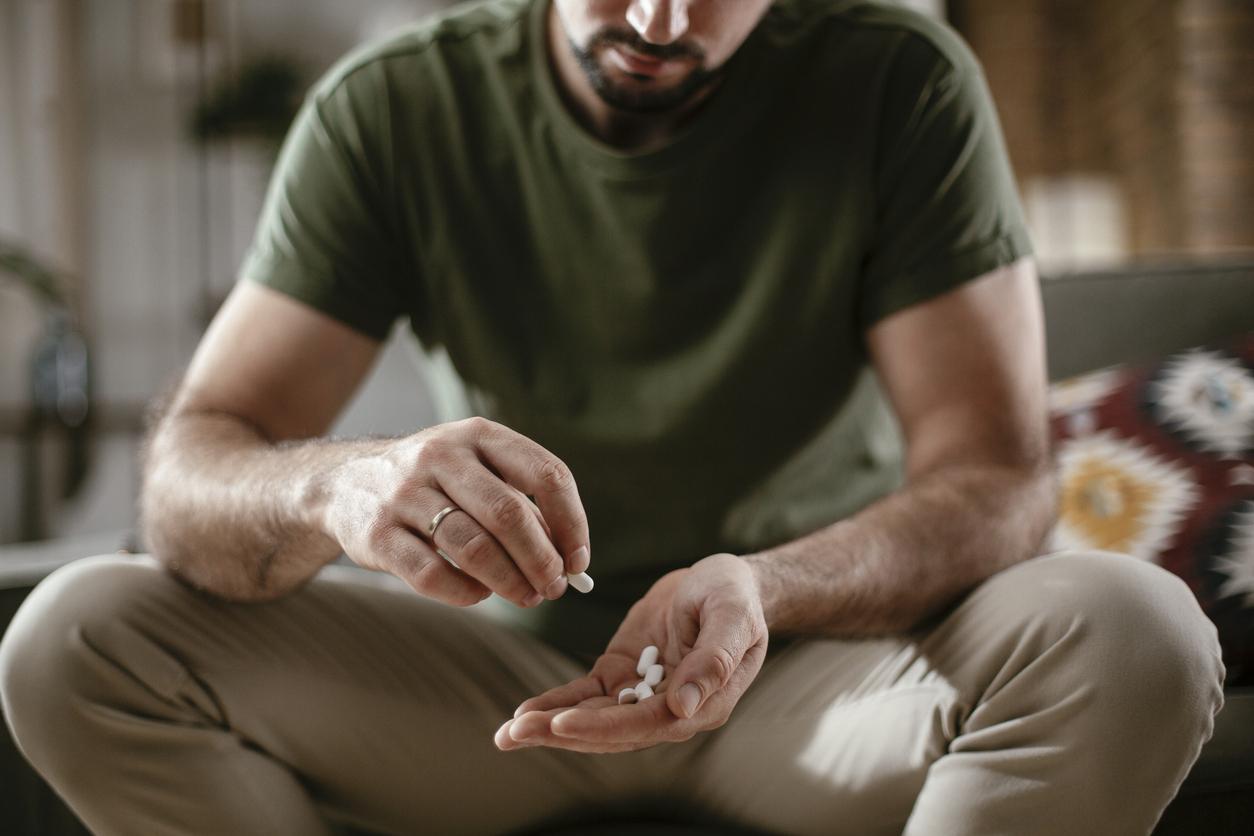Some antidepressant drugs cause bacteria to mutate, making them more resistant to antibiotic treatment.
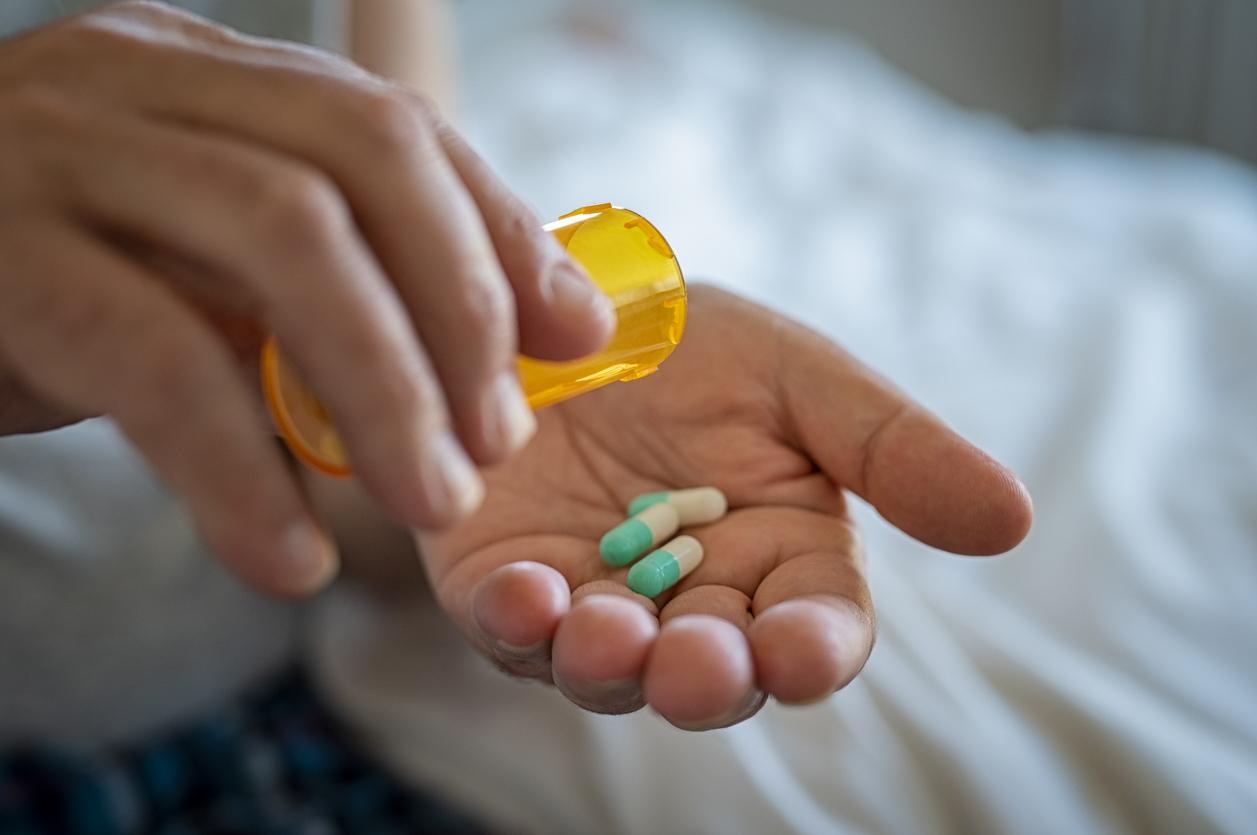
- Antibiotic resistance can affect anyone, regardless of age or country of residence.
- According to the WHO, an increasing number of infections, such as pneumonia, tuberculosis or gonorrhea, salmonellosis, are more difficult to treat because of antibiotic resistance.
The resistance of bacteria to antibiotics is mainly linked to excessive or inappropriate use of these drugs. According to a team from the University of Queensland, located in Australia, other pharmaceutical products could cause antibiotic resistance: antidepressants. The results of their research are published in Pnas.
What are the links between bacterial resistance to antibiotics and antidepressants?
In 2014, one of the authors of this research, Jianhua Guo, noticed that bacteria in household sewage seemed to develop resistance to antibacterial drugs faster than bacteria in hospital sewage. This discovery surprised him because the consumption of antibiotics is higher among hospitalized people, compared to the general population.
He then hypothesized that resistance could be caused by something other than antibiotics. With his team, the scientist observed that antidepressants, which are among the most prescribed drugs in the world, kill or retard the growth of certain bacteria. Jianhua Guo explains that they engender “an SOS response” : they trigger cellular defense mechanisms which, in turn, make the bacteria more able to survive subsequent antibiotic treatment. In a study published in 2018, the research group revealed that the bacterium Escherichia coli became resistant to several antibiotics after being exposed to fluoxetine, a molecule commonly sold under the name Prozac®.
Antidepressants: a multiple impact on antibiotic resistance
In their latest research published in Pnasthe researchers examined five other antidepressants and 13 antibiotics to observe the development of resistance inE. coli. They found that when the molecules were brought into contact in highly oxygenated environments, it pushed the bacteria E. Coli to create mutations, reactive to oxygen, and more capable of activating their defense system. However, this system is the same as that used by bacteria when they develop their antibiotic resistance. The researchers also found that exposure to certain antidepressants increased the mutation rate ofE.coli, which accelerates the process of resistance development. They also noted that this led to the selection of resistance-related genes, which increased the risk of fully resistant bacteria. Finally, the team noticed that one type of antidepressant, when exposed to certain bacteria, caused gene transfer between cells, another mechanism of resistance development.
Antibiotic resistance: what are we talking about?
“Antibiotics are medicines used to treat and prevent bacterial infections, explains theWorld Health Organization. Resistance occurs when bacteria evolve in response to the use of these drugs.“In short, the bacteria then cause infections that are more difficult to treat. According to the WHO, resistance to antibiotics leads to increased medical expenses, prolonged hospitalizations and increased mortality. It considers the phenomenon to be one of the of the greatest threats to global health.











